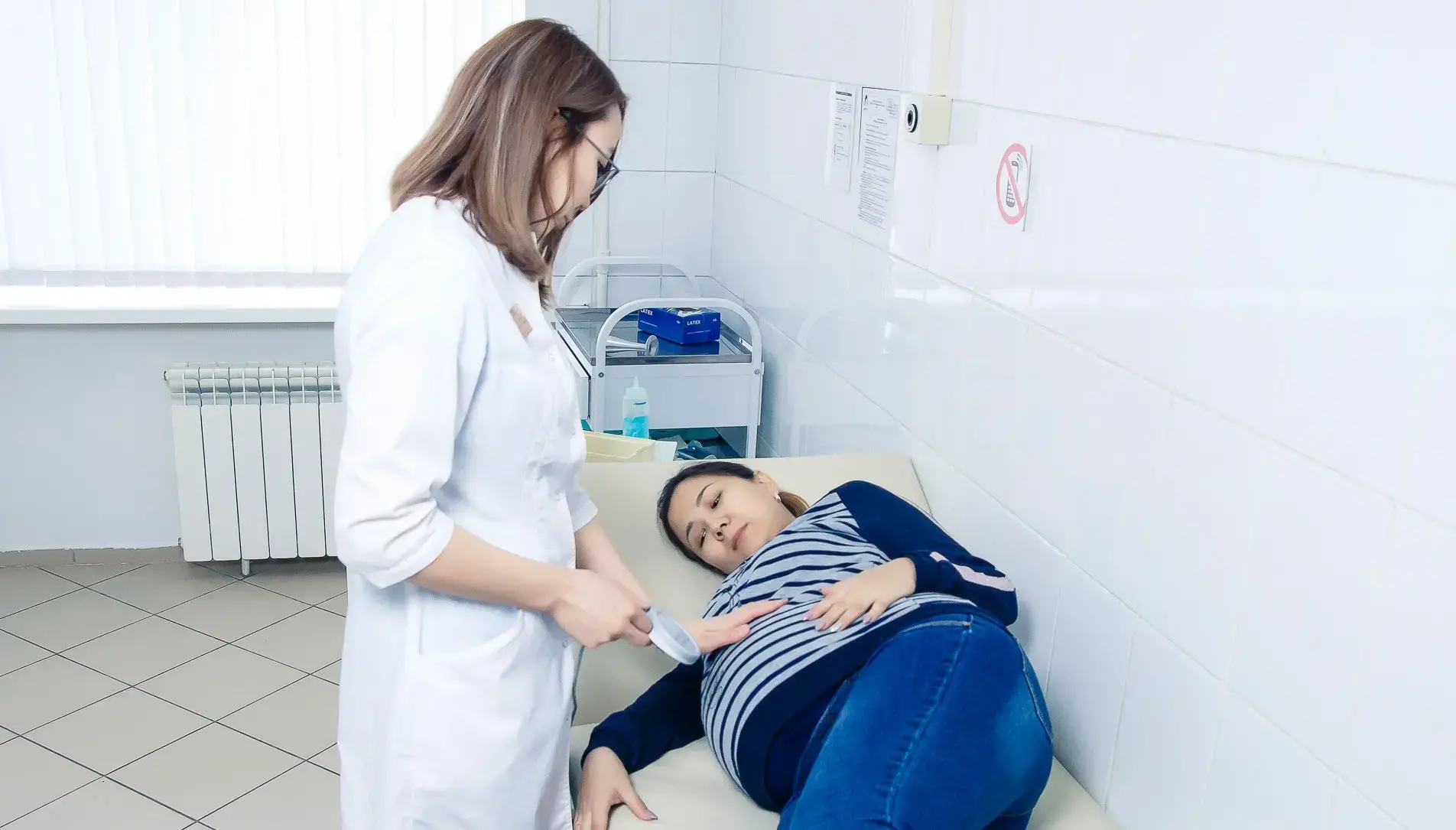UNFPA supports delivering a world in which everyone, especially women and couples, have the right to decide their own reproductive choice and are entitled to a healthy pregnancy and safe childbirth.
Family planning
With the aim to strengthen policy and institutional mechanisms to improve access to integrated high-quality sexual and reproductive healthcare services, especially for the more vulnerable groups, we develop concepts for national strategies in reproductive health.
To raise the potential of healthcare staff working on maternal health, family planning and antenatal care training materials, protocols and workshops were developed and conducted, in line with the recommendations of WHO, UNFPA and UNICEF, under the support of the Ministry of Health.
Policy paper on why family planning should become part of Kazakhstan's family policy is released.
Maternal health
Work has also been done to provide quality maternal and pre-natal care by improving clinical management of obstetric and neonatal complications and establishing an efficient system of referrals to provide appropriate care to every woman depending on their needs.
Healthcare management at the national and facility-level are improved by introducing a confidential audit of maternal mortality and morbidity through confidential enquiry into maternal deaths and diseases.
Webinars are organized on Pregravity preparation for pregnancy and on the issue of preterm births. Brochure "Tips for a future mother: pregnancy and childbirth" and "Tips for mother after childbirth" had 40,000+ copies distributed around the country respectively.
Sexual and reproductive health
 UNFPA is partnering with the Ministry of Health to build various blocks needed for an integrated system of youth-friendly services. This includes the development of a strategy for sustainable development of Youth Health Centres; a series of protocols governing the work of YHC’s specialists; a package of communications materials, including a website and a mobile application to raise awareness of reproductive health among adolescents and their parents; several clinical protocols governing ways of handling the most common problems of reproductive health of adolescents and youth as well as psychological and legal counselling. Support is also provided for the YHCs to become “resource” centres and ‘knowledge hubs’ for other organizations.
UNFPA is partnering with the Ministry of Health to build various blocks needed for an integrated system of youth-friendly services. This includes the development of a strategy for sustainable development of Youth Health Centres; a series of protocols governing the work of YHC’s specialists; a package of communications materials, including a website and a mobile application to raise awareness of reproductive health among adolescents and their parents; several clinical protocols governing ways of handling the most common problems of reproductive health of adolescents and youth as well as psychological and legal counselling. Support is also provided for the YHCs to become “resource” centres and ‘knowledge hubs’ for other organizations.
COVID-19 Response

Brochures containing critical information for pregnant women and women in labor on how to protect themselves and their babies from COVID-19 were disseminated.
"The interim guidance for the obstetric service on the management of pregnant women, women in labor, postpartum women and newborns in the context of the COVID- 2019 pandemic" and “Clinical protocol for the diagnosis and treatment of gender-based violence” were developed; approved by the Ministry of Health.
Together with the Ministry of Health, webinars on “Providing antenatal care for pregnant women during COVID-19 pandemic” and “Infection control in maternity homes under COVID -19” were organized, each attracting the participation of 200+ health professionals.


